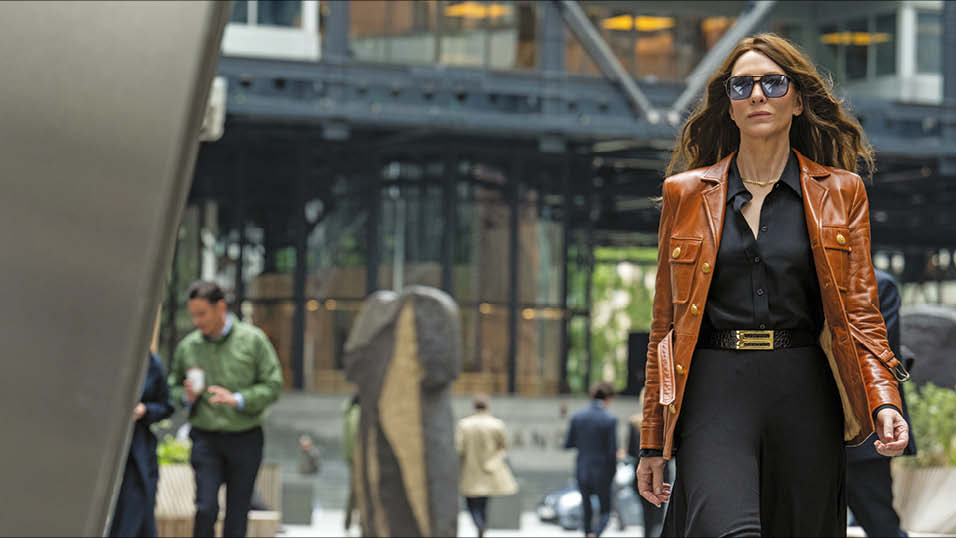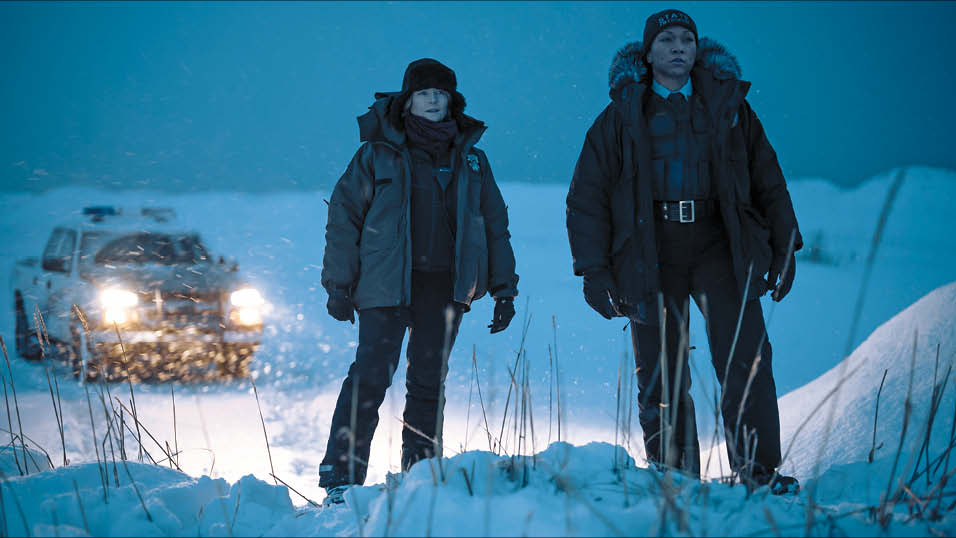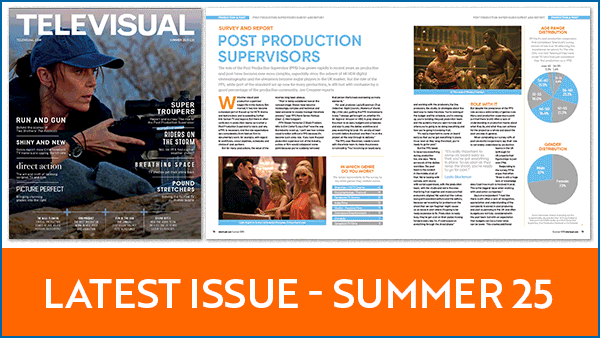After the success of London 2012, broadcasters are stepping up their coverage of next month’s Winter Olympics in Sochi.
The scale of the broadcasting operation from Sochi will, of course, be smaller than London 2012 – mirroring the fact that winter games have fewer sports and events.
Nevertheless, UK rights holders – the BBC for the Olympics (7-23 February) and Channel 4 for the Paralympics (7-16 March) – believe that the impact of London as well as the fact that Sochi is in a relatively favourable time zone could translate into better than usual viewing figures for the Winter Games.
Regular Games host broadcaster Olympic Broadcasting Services (OBS) will film all the races and competitions at Sochi, sending out its footage to rights holders all around the world.
The BBC’s inhouse sports department will use this host feed as the basis for its own coverage, adding its own commentary, analysis, reports and features to produce more than 200 hours of network TV coverage presided over by Clare Balding, Jonathan Edwards and Hazel Irvine.
As in London 2012, the BBC has pledged to cover every single event, making them available on up to six live streams via PC, tablet, mobile and connected TV.
The BBC’s executive producer in charge of Sochi 2014 Jonny Bramley explains that planning for the coverage of such an event normally begins three years in advance. But the BBC was only confirmed as the Olympics rights holder 18 months ago, so planning has been a little tight this time.
Bramley says the budget for producing a Winter Olympics is “less than 50% of a summer Olympics”, reflecting the smaller scale of the Games, the lower viewing figures and the need to keep a lid on costs at the BBC.
Production will be divided between a team of just under 100 BBC staff in Sochi, including presenters, commentators, a film-making team, and those in the switching centre in the IBC.
However, there will be a bigger team back in Media City in Salford, which will house the transmission galleries for TV, the interactive operation as well as post production.
Still, it’s a bigger BBC operation than previous Winter Olympics – fuelled by the post-London effect and the fact that Team GB is in with a chance of its most successful winter games yet.
Snowboarder Billy Morgan is a medal hopeful in the first weekend after finishing fourth at the 2013 World Championships. Other serious contenders include James Woods in the freestyle slopestyle, as well as the UK women’s skeleton team as well as the curling team.
Bramley certainly isn’t expecting viewing figures to match the 24m who tuned in to watch Torvill and Dean in 1984.
But he does think that audiences will exceed those at most recent games in Vancouver and Turin, when peak viewing figures were around 4.5m and 5m respectively. More than 6m stayed up after midnight to watch Britain’s curling team win gold at Salt Lake City in 2002.
The BBC will be ramping up its marketing for the Games this month, with a campaign based on the theme of humans vs nature. Specifically, it will emphasise the dramatic struggle against the elements that’s a key feature of the Winter Games, highlighting the dangers of the ice, the slopes and the speed. The BBC will also stress the breadth of its coverage on TV, tablets and mobiles.
One of the biggest challenges about producing a Winter Games, says Bramley, is the weather, which can disrupt even the best-laid plans. “Schedules can go completely to pot when events get delayed due to the weather. Generally it’s because there is too much snow or too much wind, rather than the lack of it.”
The BBC also has to depend on the footage provided by OBS. Encouragingly, Bramley thinks the Spanish-owned outfit is pushing the boundaries in terms of its coverage this year. He says that six cable systems have been built to carry tracking cameras to follow downhill races, twice the number of the last Games.
And a notable innovation this year is the introduction of RF mini-cams on a drone to fly alongside skiers and snowboarders, and capture the drama of the competition as close up as possible. It’s the first time that a small pilotless aircraft equipped with a camera will have been used at the Olympics.
C4 goes big on Paralympics
Back in 2010, the BBC was heavily criticised for its scant coverage of the Paralympic Games in Vancouver, dedicating just one hour of TV highlights to the event.
Coverage of the Sochi Paralympics will be huge by comparison. New rights holder Channel 4 is looking to build on the impact it achieved for the London 2012 Paralympic Games by broadcasting an unprecedented 55 hours of live coverage from Sochi.
Channel 4’s Paralympic coverage is being produced by sports TV indie Sunset + Vine, which won a BAFTA for producing the London 2012 Paralympic coverage with IMG Sports Media.
The 55 hours of coverage from Sochi is “another leap into the unknown”, just like London, says Gary Franses, executive producer at Sunset + Vine. “No one has done as many hours live from a winter Paralympics as Channel 4 is about to do,” he says.
The winter Paralympics feature just five sports: alpine skiing; Nordic skiing, curling; sledge hockey; and snowboarding. But Franses thinks that viewers will be able to witness some “pretty remarkable stuff”, including blind skiers careering down mountains with guides in front of them steering them by radio.
Production and presentation will be based in London, with a team of about 80 people, and another 45 in Sochi. Like the BBC, Sunset + Vine will use OBS footage as the basis for its coverage, providing extra reporting and commentary direct from its team in Sochi to give it a British focus.
The key challenge for Sunset + Vine at Sochi is to explain to viewers what they are they are seeing. In London, the production team used a graphic device on screen, called Lexi, to explain the classifications and why people with different disabilities were competing in the same race (over 140 were produced in all). Lexi will be used again for Sochi coverage.
“The biggest challenge is to make it viewer friendly,” says Franses. “You can’t just chuck it out there – you really have to try to make it understandable and interesting by adding that layer.”
It’s difficult to tell how many viewers will tune in. Clearly, the impact of London is expected to boost the figures. But Channel 4’s coverage will play out live during the daytime, and will mostly be finished by lunchtime. There’s also only a small British Paralympic team going to Sochi, which means there will be fewer medal hopefuls to root for.
Whatever the figures, the sheer scale of the coverage will be historic for British audiences.
Tim Dams
Share this story

















